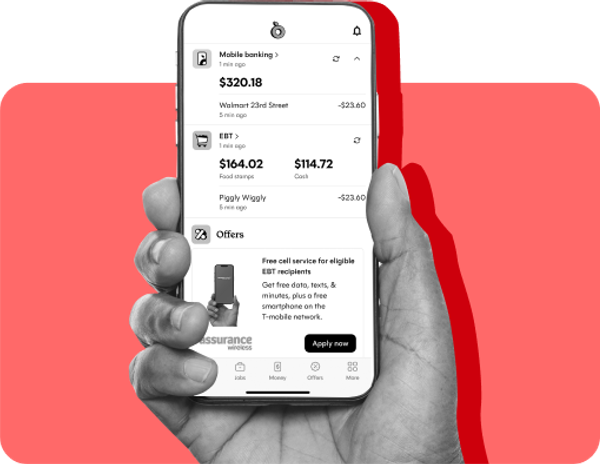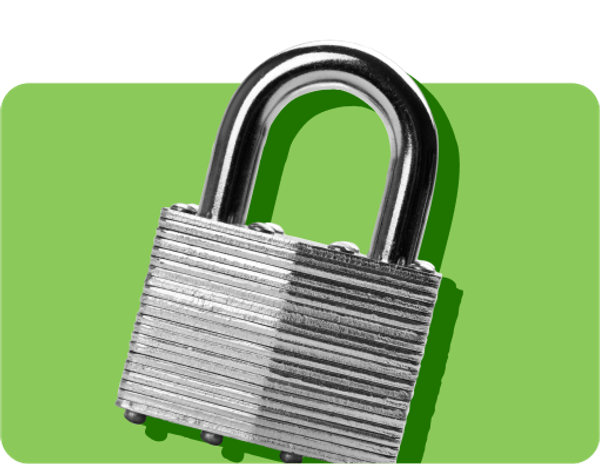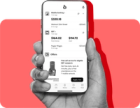What triggers a food stamp investigation?

If you get food stamps, also called SNAP benefits, your case may occasionally be reviewed through a process called a “food stamp investigation.”
- If you learn you are going through a food stamp investigation this doesn't automatically mean you did anything wrong.
- Sometimes food stamp investigations can be triggered when something on your record looks unusual, or as part of a regular quality check by your state.
Here’s what can trigger a food stamp investigation, what to expect during the process, and what SNAP guidelines you should follow to keep your benefits safe.
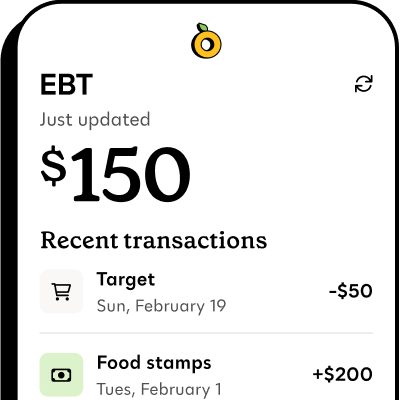
Propel is the #1-rated EBT balance checking app
Reasons for a food stamp investigation#reasons-for-a-food-stamp-investigation
During a food stamp investigation, your state’s SNAP agency takes a closer look at your SNAP case to confirm your eligibility or how your benefits are used.
Here’s why your SNAP case may have been flagged for review:
1. Random quality review by your state#1-random-quality-review-by-your-state
Every year states select a small number of SNAP cases to undergo review to make sure the program is being managed correctly.
If you're selected as part of this group, it doesn’t mean they’ve found anything unusual about your SNAP case, it's simply a quality control check.
You might be asked to provide verification of your income, expenses, and household and should answer any questions that you are asked as honestly as you can.
2. Mismatched or missing information on your application or renewal#2-mismatched-or-missing-information-on-your-application-or-renewal
If something on your SNAP application or recertification documents doesn’t line up with the other information your state has, your case might need to be reviewed for accuracy.
These reviews often happen because of paperwork errors. Responding quickly with proof or further documentation usually clears things up.
Some examples of mismatched information include:
- Income that doesn’t match your employer’s wage reports or tax data
- An address that’s different from what’s listed for your Medicaid or other benefits
- Missing household members or incorrect names
3. Unreported income or job changes#3-unreported-income-or-job-changes
According to SNAP rules, you should report any important changes within 10 days. If your circumstances change and you don’t report it in time, the state’s system may flag you for a food stamp investigation.
This doesn’t always mean you did something wrong, sometimes your information just needs to be updated.
Some examples of changes that need reported to SNAP within 10 days include:
- A change in income (like getting a new job, a raise, or starting to receive unemployment)
- A change in household size
- Any change in rent or utility costs
- A change in address (moving to a new place)
4. Out-of-state EBT card use#4-out-of-state-ebt-card-use
You can use your EBT card out of state while traveling, but if your card is used a lot in another state (or multiple states), your SNAP case may be flagged for review.
That’s because SNAP rules require you to live in the state that issues benefits to you, and multiple transactions somewhere else over a long period of time may look suspicious.
If you are traveling, you may be asked to provide information about the length of your stay, or proof that you are still living at the address listed on your SNAP case.
5. Unusual or repeated EBT transactions#5-unusual-or-repeated-ebt-transactions
Your state monitors EBT purchase patterns for security. Repeated small transactions, unusually large purchases, or multiple card swipes in a row at the same store can sometimes trigger a food stamp investigation.
If you weren’t responsible for the transactions, this may mean you've been a victim of EBT theft, which is when someone steals your card information and uses it without your knowledge.
If you ever see transactions you don’t recognize, report them to your state’s EBT customer service number right away and request a replacement EBT card.
One of the best ways to protect your benefits from theft is to use Propel to check your EBT balance and transactions regularly, set up security features, and keep an eye on your benefits.
6. Tips, complaints, or store investigations into food stamp fraud#6-tips-complaints-or-store-investigations-into-food-stamp-fraud
Sometimes SNAP investigators receive a tip about food stamp fraud, for example, benefits being sold or traded for cash, or a store that’s selling ineligible items.
If you, a store where you shop, or someone you have a connection with, is suspected of food stamp fraud, your state might contact you for review. This can happen even if you haven’t done anything wrong.
What happens during a food stamp investigation#what-happens-during-a-food-stamp-investigation
If your case is being reviewed as part of a food stamp investigation, you’ll usually receive a letter or call from your SNAP office.
Make sure to keep your address and phone number up to date with your SNAP office to ensure you don’t miss anything.
For more serious cases (like suspected intentional fraud), an investigator may contact you directly. SNAP investigators should always be able to provide official identification and requests in writing.
If you get a food stamp investigation notice, it may include what information you need to provide and how many days you have to respond. It’s important to respond quickly because not replying can cause your SNAP benefits to be delayed or stopped.
Some information you may need to provide during a food stamp investigation includes:
- Job and income verification (pay stubs, bank statements, or employment letters)
- Proof of expenses (utility bills, rental agreements, or receipts)
- Household information (lease agreements, photo identification, mail)
You may also be asked to complete a phone or in-person interview to answer questions about unusual or suspicious activity discovered in your case.
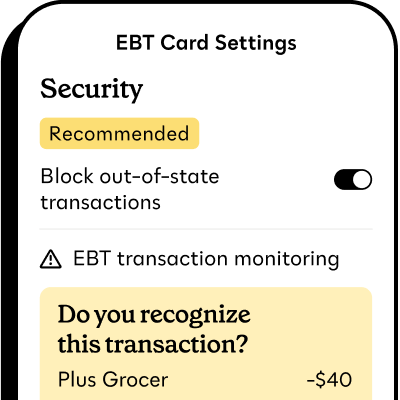
Help keep your EBT card safe from theft with Propel
How to avoid a SNAP investigation#how-to-avoid-a-snap-investigation
You can lower your chances of being flagged for review by keeping your SNAP information up to date and protecting your EBT card:
- Report changes in income, address, or household size right away (no later than 10 days)
- Use your EBT card for SNAP-eligible groceries only
- Don’t sell or trade your SNAP benefits
- Don’t let anyone else use your EBT card
- Take measures to protect your SNAP benefits from theft

